- News
- Reviews
- Bikes
- Components
- Bar tape & grips
- Bottom brackets
- Brake & gear cables
- Brake & STI levers
- Brake pads & spares
- Brakes
- Cassettes & freewheels
- Chains
- Chainsets & chainrings
- Derailleurs - front
- Derailleurs - rear
- Forks
- Gear levers & shifters
- Groupsets
- Handlebars & extensions
- Headsets
- Hubs
- Inner tubes
- Pedals
- Quick releases & skewers
- Saddles
- Seatposts
- Stems
- Wheels
- Tyres
- Tubeless valves
- Accessories
- Accessories - misc
- Computer mounts
- Bags
- Bar ends
- Bike bags & cases
- Bottle cages
- Bottles
- Cameras
- Car racks
- Child seats
- Computers
- Glasses
- GPS units
- Helmets
- Lights - front
- Lights - rear
- Lights - sets
- Locks
- Mirrors
- Mudguards
- Racks
- Pumps & CO2 inflators
- Puncture kits
- Reflectives
- Smart watches
- Stands and racks
- Trailers
- Clothing
- Health, fitness and nutrition
- Tools and workshop
- Miscellaneous
- Buyers Guides
- Features
- Forum
- Recommends
- Podcast
How to avoid saddle pain and get comfortable on the bike — top tips for more pleasant pedalling, and why your seat itself might not be the problem
In a recent poll over on our YouTube channel, 33% of you lovely lot said that you suffer from bum pain when cycling. It's clearly a very common issue, but it’s not something you need to put up with. Here's how to avoid saddle pain and improve your riding experience, and we'll also explain why your bike seat itself might not be the main culprit if you're struggling.
> The most common bike fit mistakes and how to avoid them
Rather than talk about our saddle woes, we thought we'd call in the professionals. For expert advice, we spoke to former British Cycling head physiotherapist Phil Burt and our go-to bike fit guy, Luke Craddock from Synergy Performance.
But first, what is saddle pain? To avoid it, it’s best to get a clearer idea of what’s going on down there...
What is saddle pain?
When we talk about saddle pain (or saddle soreness), we're referring to the areas of the body that make contact with the saddle: namely your bum, your sit bones and the perineum, the latter being the area between the genitals and anus.
“Pain is often multi-factorial so it can be a number of different things”, Burt begins.
“You’ve got pressure, you’ve got friction, you’ve got heat, you’ve got sweat and moisture quite often, and all of that can put the skin under a hell of a lot of pressure."
Craddock adds: "The reason why it's the area you get the most discomfort is that it's the area that you're able to adjust your position on the most.
"At your cleats, and your shifters to an extent, you're fixed, whereas you can shift about a lot on the saddle and unwanted movement usually results in discomfort."
> Why do my feet hurt when cycling and how can I solve it?
Saddle pain can often be caused by excessive pressure on your vulnerable soft tissue areas, and this in turn can be caused by sitting on the wrong part of the saddle, sitting off to one side or problems elsewhere with your fit.
Burt points out that saddle pain differs for male and female riders: “Women do suffer from much more saddle pain and discomfort than men, because men have a much more simple anatomic presentation down there.
“Women are on massively different spectrums. There can be very small amounts of soft tissue to quite a lot, and in different places, so that’s a consideration as well.”
Is it my saddle causing me discomfort?
It's unlikely that saddles can be fully blamed for 'saddle pain', because there are other things to consider too: your shorts, chamois cream and - arguably most important of all - the right set-up.
Burt says in some cases, "It doesn’t matter what saddle you’ve got, there are other things you need to do to solve saddle pain.”
Craddock says that in his experience, bum pain is "nearly always" bike fit-related.
"I've had riders come in here with a bag of ten saddles asking for advice on which one the eleventh should be", he says.
"If that's the case then it's nearly always another parameter, and no matter what saddle we put on they're going to get discomfort.
"If you're going through multiple saddles without finding one that's right then it's probably a bike fit related thing."
Change one thing at a time
Before going into what changes you can make to help avoid saddle pain, Burt stresses that the process is important too.
“I believe in an evolution process so don’t change everything at once", he recommends.
“Always make one change at a time and then you can assess whether it’s making a difference.
“If you try a new pair of shorts, a new saddle and a new position, then how do you know which one of those is working or not working?”
By changing one thing at a time, you can react to the difference it is making, whether good or bad, and then try other solutions if that change didn’t work out.
> Ischial bursitis – How to spot this sit-bone injury
“I would trust your initial thoughts”, Phil says.
“You hear lots of people saying you have to sort of break your skin in, or you just have to get used to it. Yes, there’s an element of that right at the beginning when you first start cycling. Some people can get slight saddle discomfort and then get used to that.
"But generally, I think sometimes we dismiss discomfort too easily. If something’s not comfortable then that’s probably the time to move on and try other things to see if you can get something better, and having a bit of a process about it.”
Craddock adds that if you are switching saddles, then be wary of different stack heights (the distance between the bit you sit on and the rails). You may have to adjust your seatpost height to get the same saddle height.
Buy the saddle that suits your riding style
Burt asks, “Are you on the right type of setup for the type of riding you’re doing?”
Pressure is applied differently in relaxed and aggressive riding positions, and therefore support and relief from the saddle are needed in different places.
“If you’re a serious racing cyclist then you’re likely going to be in a more aggressive position, and therefore your pelvis can be rotated forwards”, he explains.
A saddle with a wider channel allows you to sit far forward while also providing good bone support.
> The things I learnt from a professional bike fit
“If you’re doing long miles distance, in a more upright position, then it’s going to be much more about getting your sit bones comfortable rather than how you’re going to be rotating down into the flat racing position”, says Burt.
Craddock explains that for riders looking for a more aggressive position, it's normal for riders to find a more curved shape with a shorter nose more comfortable.
"You also have to look at how the saddle flares. Ten different 140mm saddles will all have that width in different places."
Get the correct width
Knowing your sit bone distance is important, as this relates to the width of the saddle. A saddle needs to be wide enough that sufficient support can be given to your sit bones.
“If you constantly feel like you’re pushing back on the saddle, that’s normally a sign that you’re trying to find support for your sit bones", Burt explains.
Craddock adds: "Sit bone width is independent of body size or your height.
"I've had some really big guys come in here and the difference in sit bone width is huge, anything from 90mm to 150mm, so don't just assume you need a wide saddle because you're a larger build."
> Saddles of the peloton: which models do Tour de France riders use to stay comfortable?
Both Craddock and Burt pointed out that women generally have wider pelvis systems than men for the process of childbirth, and therefore quite a lot of women have saddle pain because they’re riding on a male-specific saddle.
Burt says: "It's quite easy to take a rudimentary measurement of your sit bone width at home, just sit on a piece of paper and mark the centre of the two indents. You want a saddle slightly wider than that as this is the bit you want to support."
To cut out or not to cut out?
Saddles with a cut-out can be a solution for many, as they relieve pressure in the soft tissue areas.
"Bikes often come with flat, long-nosed traditional shaped saddles without a cutout", says Craddock.
"As it's possible for many riders to find a relative degree of comfort on them, you can sit in many positions.
"What often happens when you don't have a pressure relief channel is that you posteriorly rotate your pelvis away from the nose of the saddle to reduce soft tissue pressure. That rolling away affects your whole interaction with the bike, which can lead to lower back pain and the feeling that the reach of the bike is too long.
"Most riders who are riding symmetrically get on better with saddles with a pressure relief channel."
How do I choose a saddle, then?
Both Burt and Craddock recommend going to see a well-respected bike fitter if you have tried multiple saddles and are still suffering from discomfort.
Step 1: Measure your sit bone width
Step 2: Look at saddles that suit your riding style, i.e. aggressive riders will usually find curved saddles that are narrower and have less flare, while riders in a more relaxed position and women with wider sit bones will usually interact better with a wider saddle.
Step 3: Don't just buy the saddle you like the look of
Step 4: Read forums and reviews of saddles from riders like you. Just because a pro gets on with a certain saddle, it doesn't mean you will. Use this information to help guide your purchase.
Use creams to reduce friction pains and maintain skin health
> The best cycling chamois creams
“Often people who are suffering from saddle pain will turn to chamois cream thinking that’s the solution”, Burt notes.
“Chamois cream is great for reducing frictional issues with saddle pain, but it isn’t going to help you deal with a poor position or wrong saddle that is creating too much pressure."
While chamois cream doesn’t distribute pressure better, it does have the benefit of reducing friction. What you do once you finish a ride is also incredibly important for avoiding saddle pain on your next outings.
Get out of Lycra quickly, wash, then pop on something loose
“The worst thing you can do is sit around in sweaty Lycra when you finish riding”, Burt stresses.
“Get out of your Lycra and then wash, but don’t wash too aggressively or you could damage the skin even more.”
Burt also recommends paying attention to the style of clothes you put on afterwards, if possible. Tight casual clothing should be avoided to help with your recovery after cycling.
“If you can try to keep it baggy, by wearing loose shorts for an hour or two, that allows air to help your skin recover and that can make a big difference, for both men and women.”
Trim, don’t shave…
> How much faster are shaved legs for cycling?
“A lot of people get folliculitis”, Burt points out.
“This is an infection around the hairs down there and it’s often down to sweat and poor skin hygiene.
“For riders having these sorts of issues, a bit of hair really helps create a barrier.
“If you have very short stubbly hairs all the time they are much more prone to getting sore, and then those type of saddle sores can become modules and a bit more painful.”
Shorten your crank length
Some people may have subtle pain on one side because they’ve got a leg length difference.
Riding with a longer crank amplifies any asymmetry you may have, so Burt recommends shrinking your crank length, as that can help with saddle pain. It also shouldn't make any difference to your performance.
“More often than not people are on too long a crank, and that’s a parameter that can be really easily manipulated to help out”, Burt says.
> Are shorter cranks better on your bike?
Burt also notes that we get tight hip flexors from being stuck in a limited range when cycling: “Every 2.5mm we drop crank length you give about two degrees back to the hip and open it up, so that can really help with lower back pain, hip pain and knee pain.
“This then relates to saddle pain because if you’re more comfortable on the bike overall then you can choose to sit in a position that you actually want to."
Working on increasing your flexibility off the bike can also help.
“If someone’s really stiff in their pelvis and lower back, by working on themselves they can actually adopt a better position, which can reduce their saddle pain."
Do you suffer from saddle discomfort, or have you recently solved the problem? Let us know in the comments section below.
Jamie has been riding bikes since a tender age but really caught the bug for racing and reviewing whilst studying towards a master's in Mechanical engineering at Swansea University. Having graduated, he decided he really quite liked working with bikes and is now a full-time addition to the road.cc team. When not writing about tech news or working on the Youtube channel, you can still find him racing local crits trying to cling on to his cat 2 licence...and missing every break going...
Latest Comments
- Destroyer666 1 hour 34 min ago
Anodizing the aluminium is also for corrosion resistance and therefore enhances the longevity of the rims while this is not really a case for...
- bobbinogs 2 hours 48 min ago
Wheelsmith has always been very good for me. Malcolm was always very opinionated so I got bored with him telling me I should be riding tubeless,...
- Terry Hutt 3 hours 7 min ago
I assume you can carry an e-bike battery on the tube if you leave the bike at home. ...
- chrisonabike 4 hours 9 min ago
I love it - it's a roundabout with a sculpture of a roundabout on its desk!
- cmedred 4 hours 10 min ago
From the position of the cyclist when the video starts and the position of the bike later, it looks highly unlikely that the cyclist went "into the...
- Rendel Harris 4 hours 16 min ago
To rhyme with design. I wondered this myself so looked it up a while ago, according to the founder Micki Kozuschek he and his team had a few...
- Rendel Harris 5 hours 10 min ago
It's not being pedantic at all, careless driving is successfully prosecuted (and I have been in court more than once when a driver has been...
- HLaB 5 hours 33 min ago
It's hopefully an urban myth but I heard it was designed that way on purpose, so the cyclepath captured any flooding and the busway would remain clear
- mdavidford 5 hours 36 min ago
I should imagine eating chopsticks anywhere could be potentially rather perilous.
- Rendel Harris 5 hours 54 min ago
When The Badger stopped for protesters (albeit dockworkers rather than farmers) it was their stress gauges rather than his that would have been...
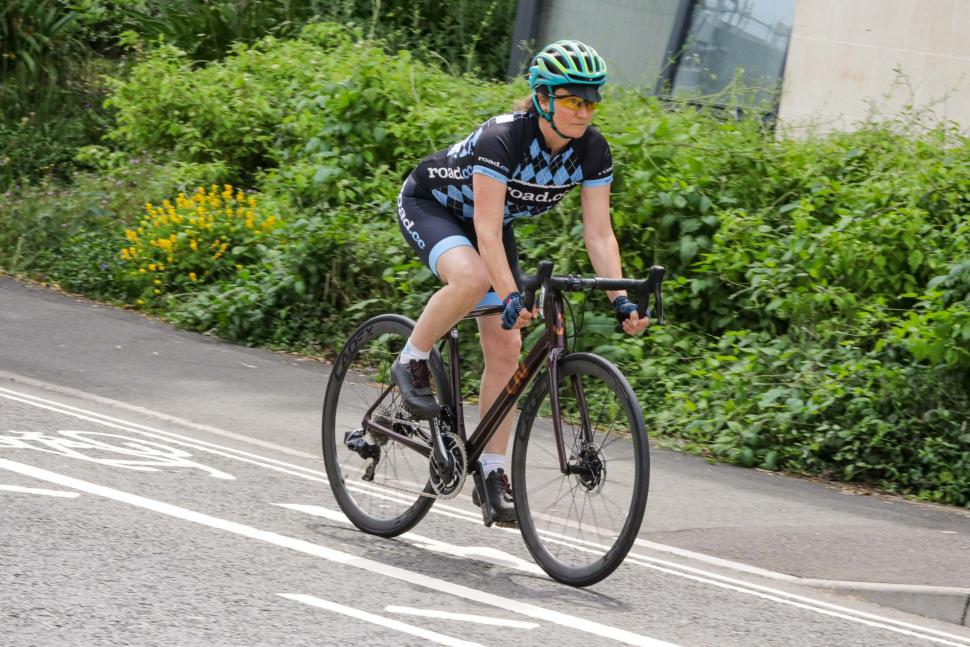
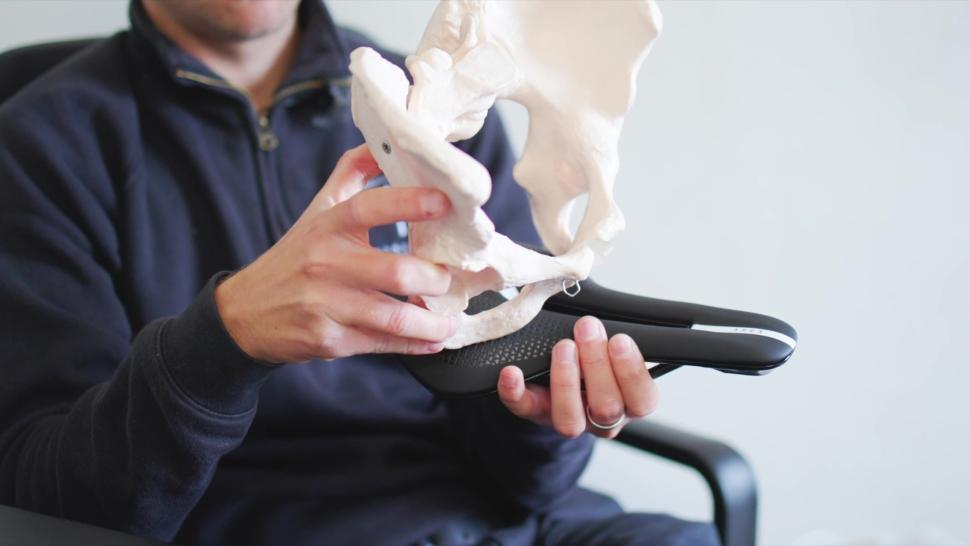
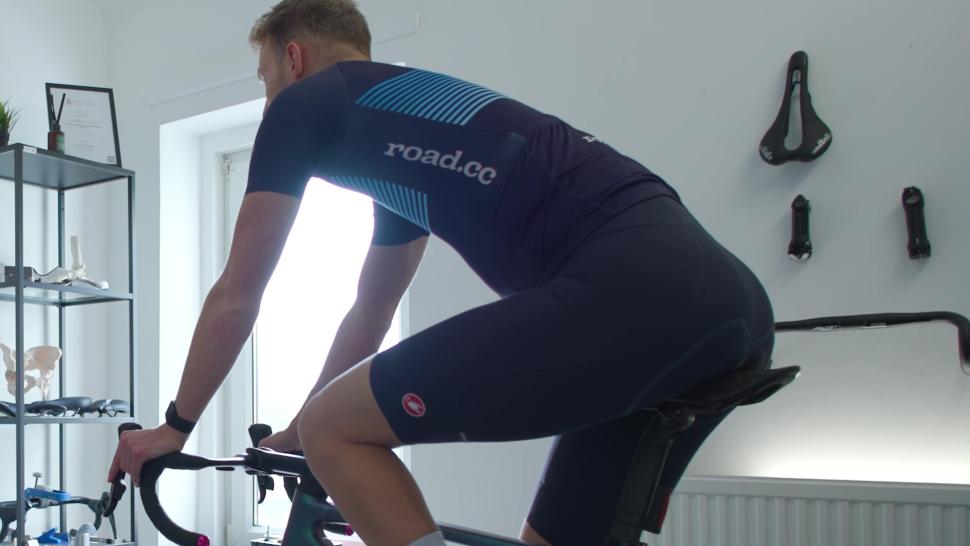
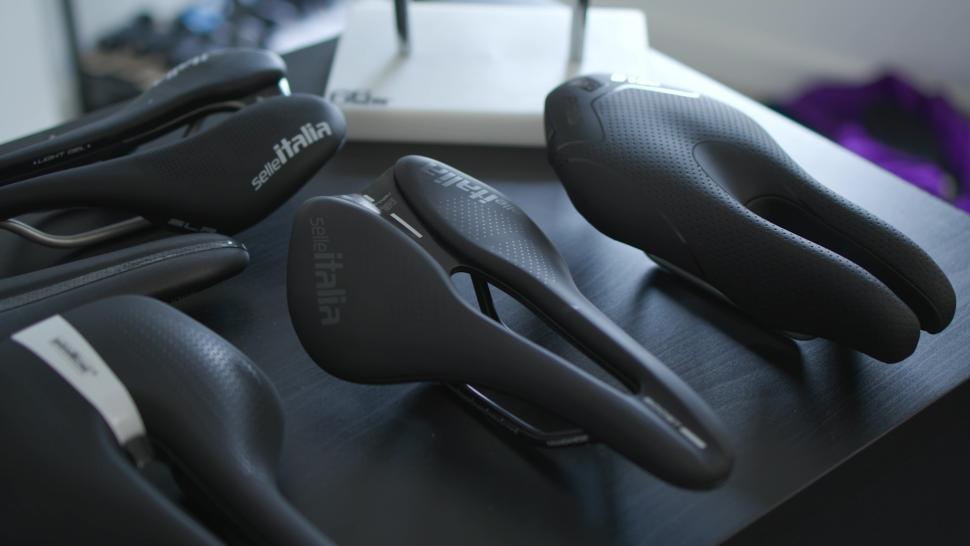
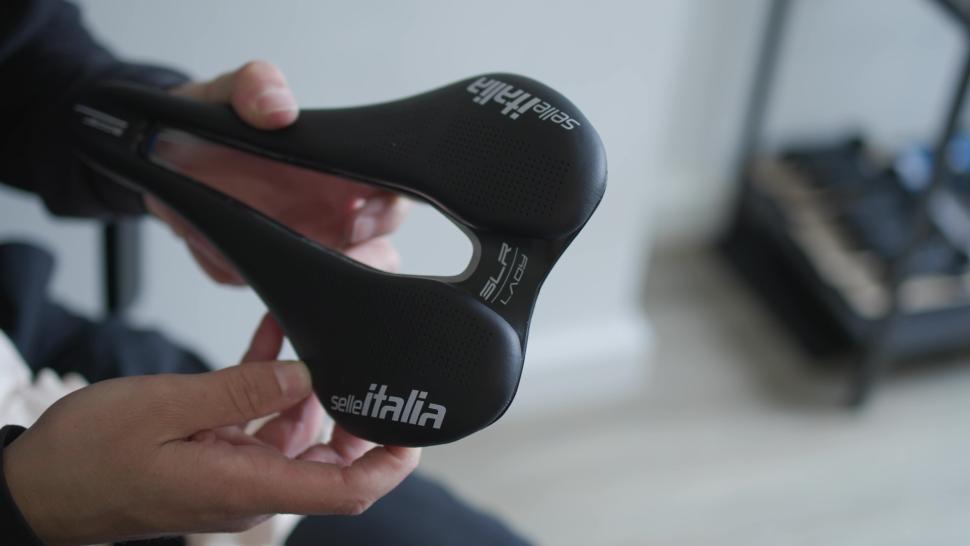
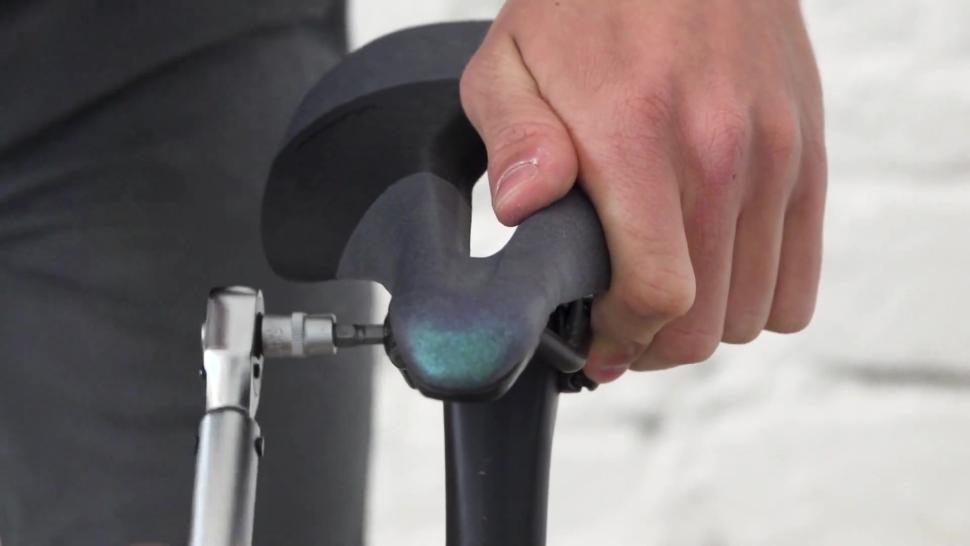
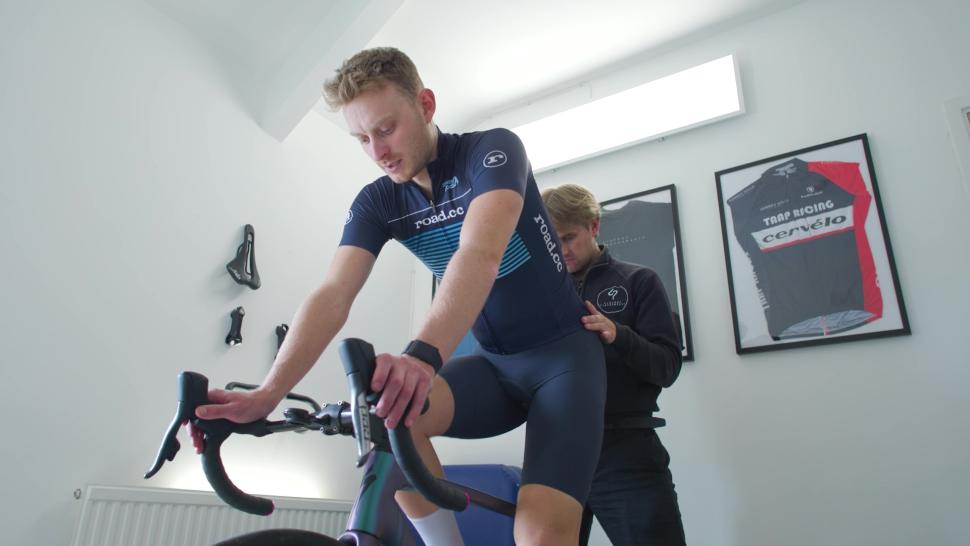
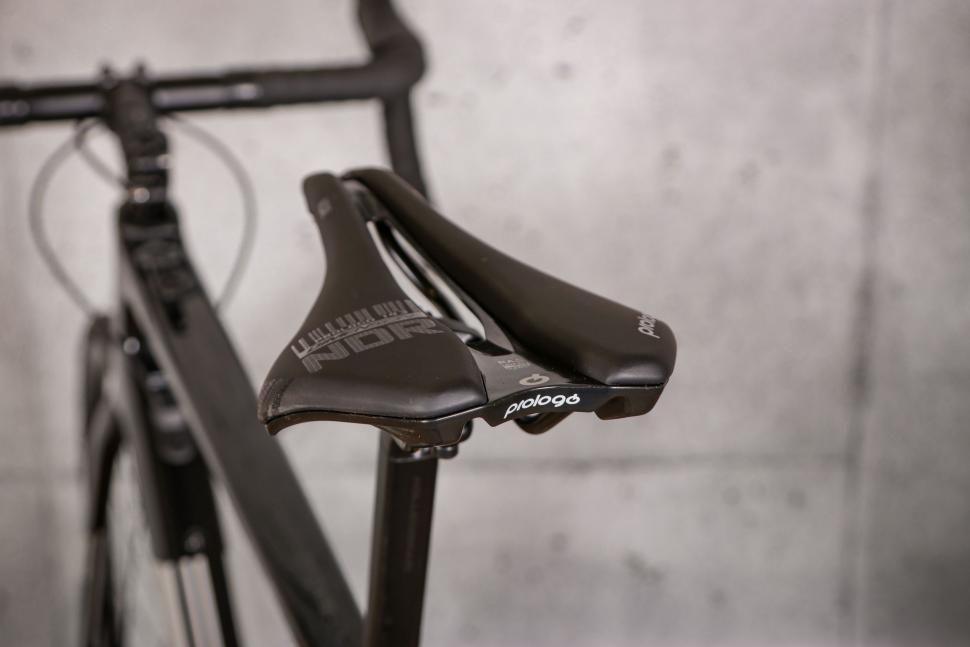
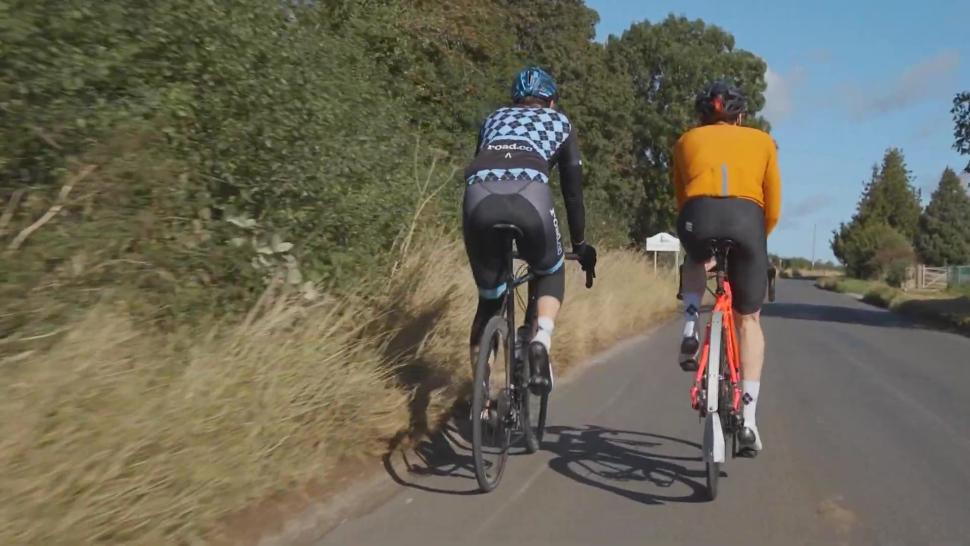
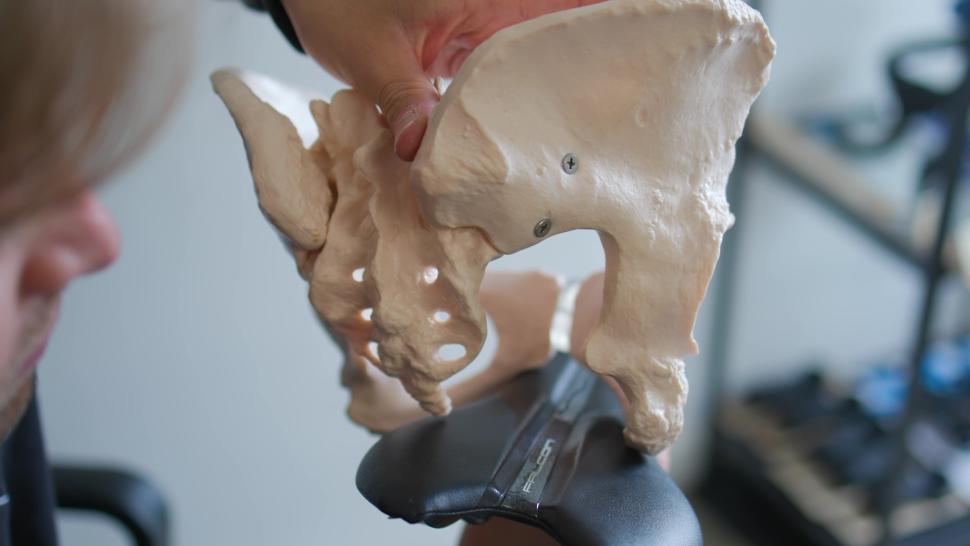
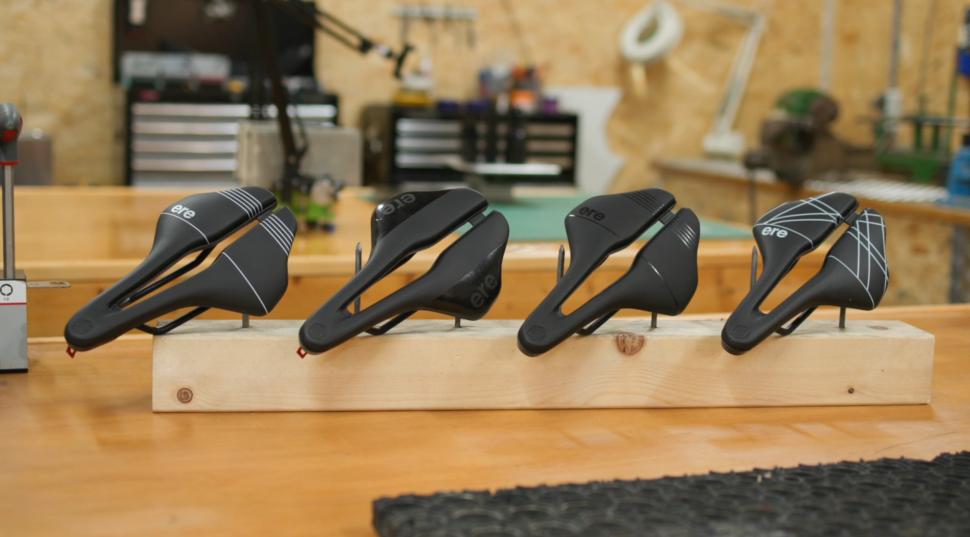

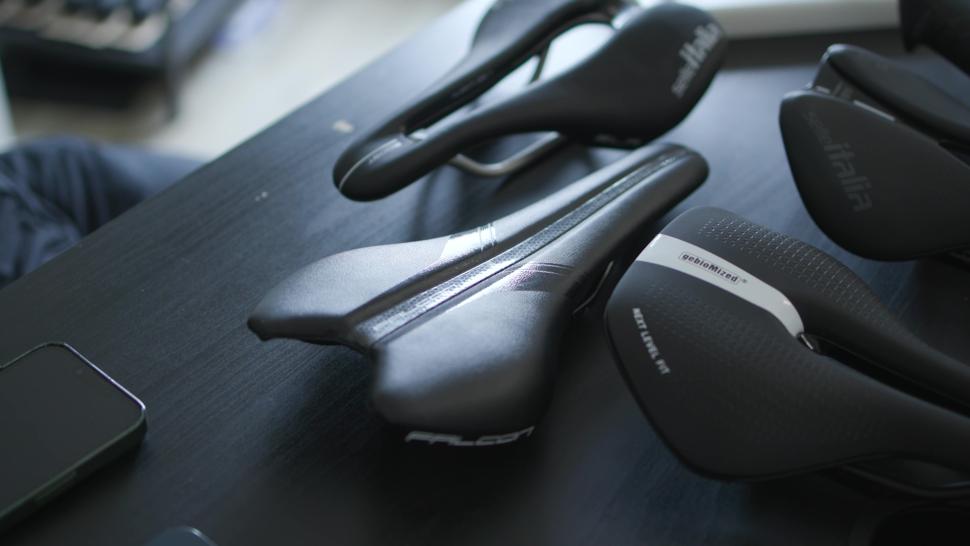
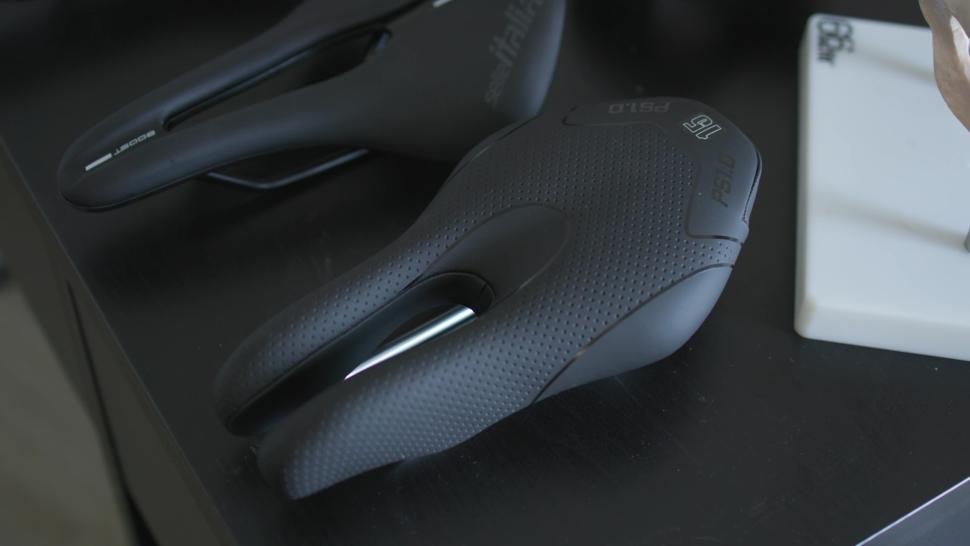

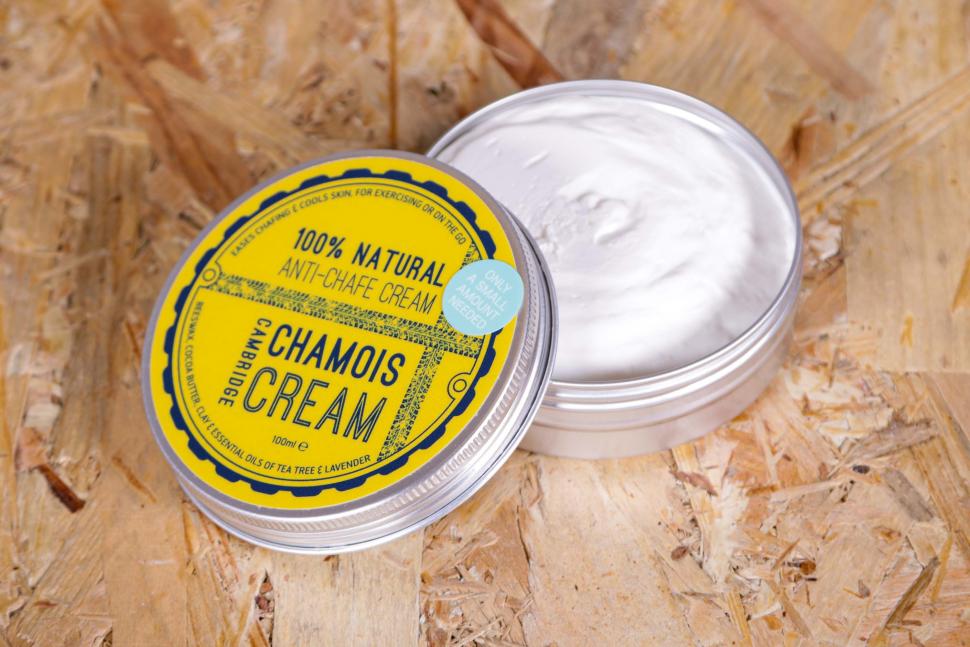
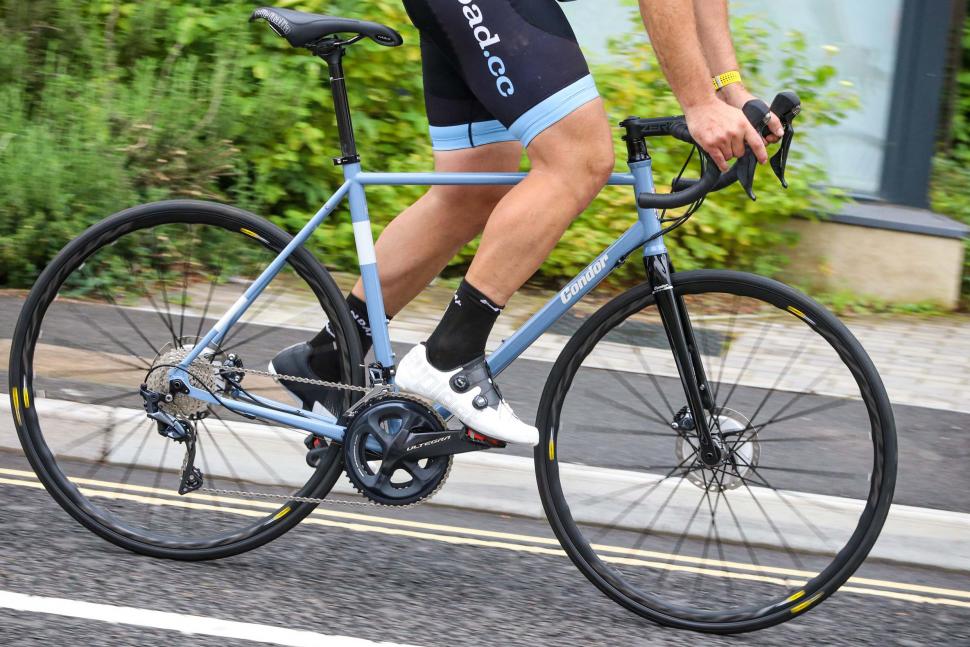
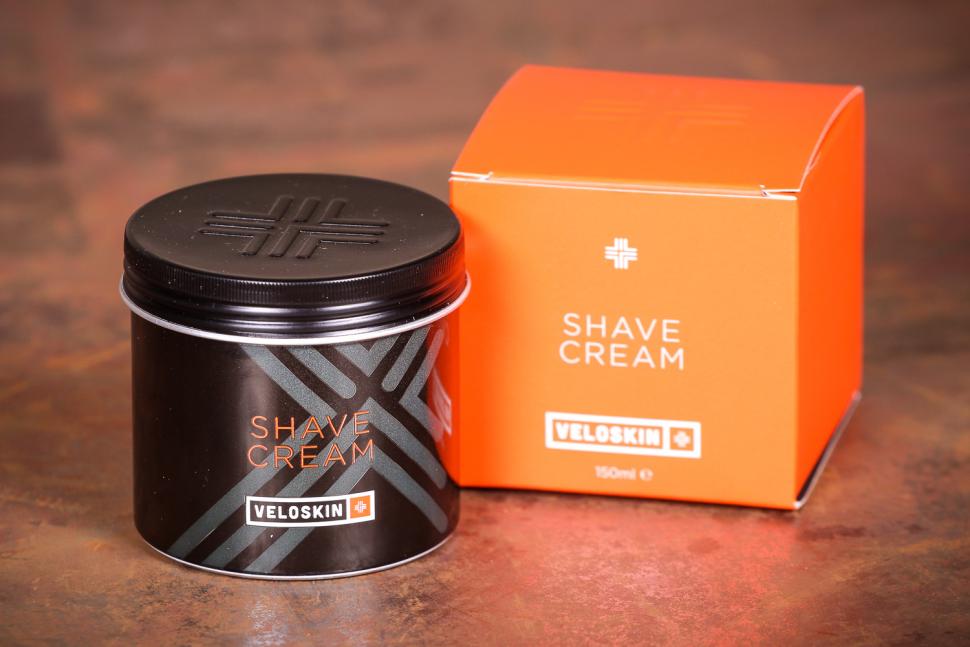
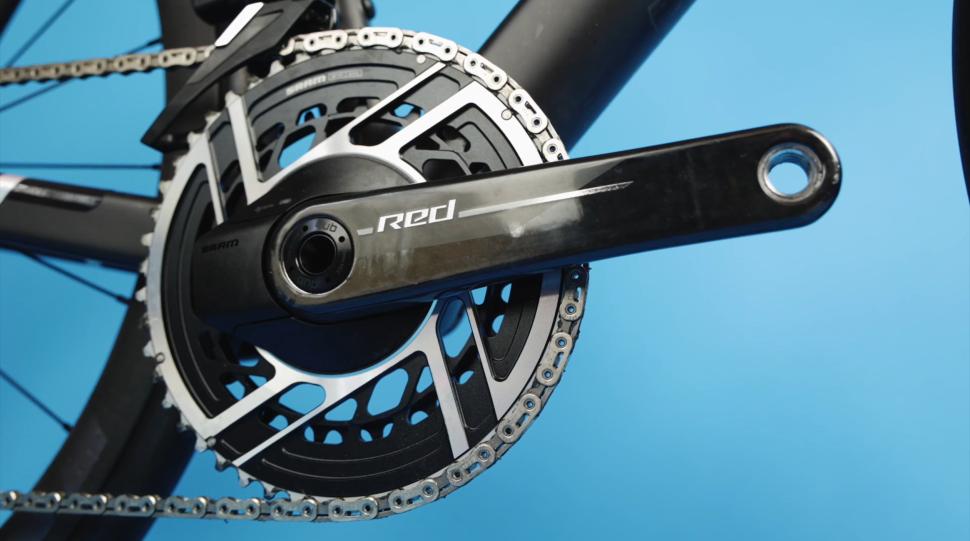

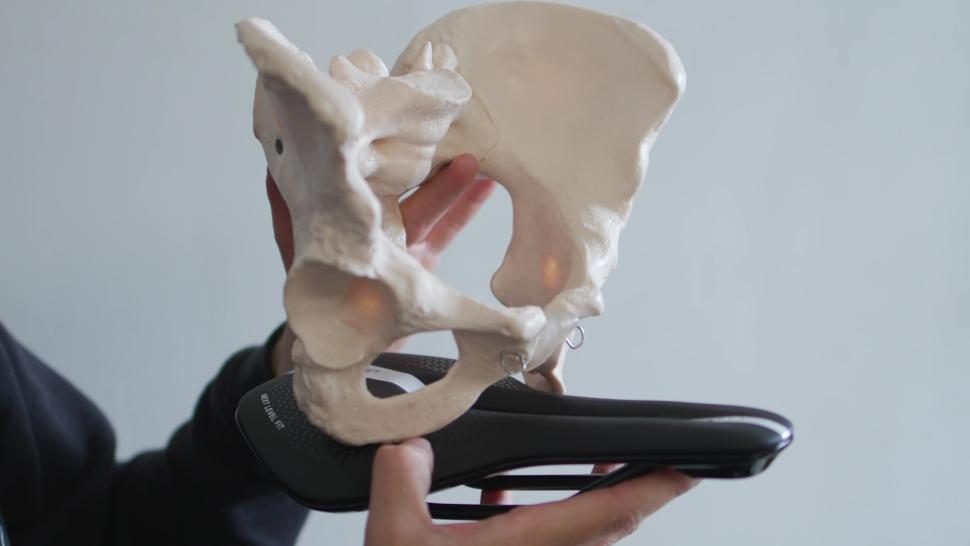
Add new comment
7 comments
Hmm, well some people are a pain the arse to get the pain the ass gone, I'm one of those.
I've been riding for over 50 years, when to bike fitters, bought the stuff they said to buy and my butt sit bones continued to hurt, tried another fitter in a large city and ended up buying more stuff but still had the pain. Tried a third fitter when computer fitting stuff came out, bought more stuff, and still had the pain.
The last fitter, that would be number 4, at least finally admitted that my bike fit was fine, but I have a boney arse with little meat between, and he said nothing is going to help, even the best shorts to take the place of the lack of meat won't help.
Odd that I see cyclists, male and female, with solid round asses, but after 50 years of riding mine is still flat as a nail head! And I used to race for 10 years! Now that I'm 73 guess where my old-age body fat went to? Not my arse where I needed it but to my gut where I don't want it! But I'm 6' tall and weigh 175 so I'm not horribly overweight.
Been searching for years, bought like 12-14 saddles..
(I own 4 bikes ) i did a bike fit, and found the right saddle for my bum (pro). My bike fitter said your chamoise does not fit your bum so tryed about 5 brands of bibshorts.
I used to ride with craft, now found out le col is best for me. I use futurem chamoise cream.
Things are a lot better now but still not 100% i even have scar tissue (3rd ball) inbetween my skin layers had a urologist look at it. This keeps causing iritation from time to time on longer rides with lots of headwind
The saddle angle can also have a big effect. And for a given frame and seat post it might not be possible to set the saddle at an angle that works. If you have a stepped seat post and the position you need is right between two steps, then the only solution is to replace the seat post and/or the frame.
At the risk of sounding oldfashioned, do consider a leather saddle that after a while espouses the form of your derriere.
Not Brooks, as their leather quality has become a lottery, but there are very high quality alternatives in Berthoud and Idéale. Expensive yes, but well cared for they last for decades.
Some shops offer a saddle fit where you have your backside scanned whilst on a special seat. Then the process offers a saddle which fits best with an set number of days to return it if it doesn't suit.
Usually dealers that have Specialized or Prologo have this equipment. I got my butt measured at my last bike fit (Specialized dealer).
Edit: Tip, if you're going to get a saddle measurement, don't wear your bib shorts. The device needs to find your sit bones, not your chamois.
In the quest of the best saddle, I will have to add that you should try the saddle you want first. Some saddles have test models, while popular ones have copies of them at low prices at ebay.